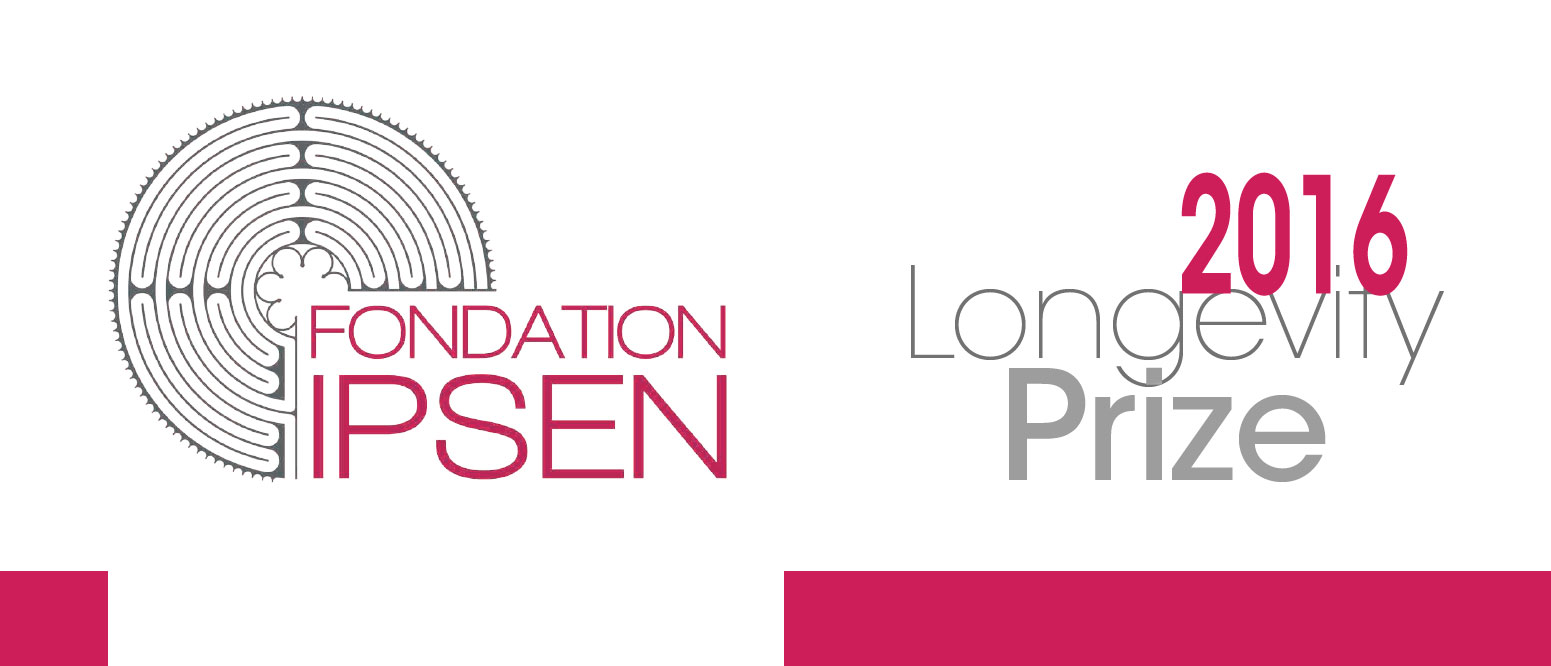
The 21st Longevity Prize of the Fondation IPSEN
The Fondation IPSEN Longevity Prize was awarded to Professor Kaare Christensen for his pioneering work on the importance of genes and environment in aging and longevity. The prize was given at the GSA meeting (Gerontological Society of America), in New Orleans on November 19th, 2016.
Kaare Christensen, MD, PhD, Dr Med Sci, is Professor of Epidemiology at the University of Southern Denmark and Senior Research Scientist at the Terry Sanford Institute, Duke University, North Carolina, USA. Dr. Christensen is the Director of the Danish Twin Registry and the Danish Aging Research Center. He has conducted a long series of studies among twins and the oldest-old in order to shed light on the importance of genes and environment in aging and longevity. Furthermore, he has a longstanding interest in the relation between early life events and later life health outcome.
Abstract of his lecture:
“Is Mortality written on the face? Or Elsewhere?”
Predicting length of life is of interest to individuals, medical doctors, demographers and researchers on aging. While most people would probably be uncomfortable with an exact prediction at an individual level (if that were possible), the identification of factors associated with health and survival can potentially provide the basis for decision making, interventions and public health initiatives.
A series of “the usual suspects” is known to be associated with health and survival, e.g. birth cohort, gender, smoking and other life style factors, genetics, early life and socioeconomic factors. Over the last decades, this list has been extended with biomarkers of aging that include performance measures and molecular markers such as leukocyte telomere length and DNA methylation age.
We have used nationwide cohort studies of twins, oldest-old individuals and long-lived families in Denmark to understand variance in health and survival and to identify clinically useful biomarkers of aging. Perhaps surprisingly, we have found that among the elderly, simple, low-tech biomarkers, including perceived age based on photos, are among the most powerful indicators of aging.
The Fondation IPSEN
Established in 1983 under the aegis of the Fondation de France, the ambition of the Fondation IPSEN is to initiate a reflection about the major scientific issues of the forthcoming years. The long-standing mission of the Fondation IPSEN is to contribute to the development and dissemination of scientific knowledge by fostering interaction between scientists and clinicians. It has developed an important international network of scientific experts who meet regularly at meetings known as Colloques Médecine et Recherche, dedicated to three main topics: neurosciences, endocrinology and cancer science. Moreover the Fondation IPSEN has started several series of meetings in partnership with the Salk Institute, the Karolinska Institute as well as with the science journals Cell and Science. The Fondation IPSEN produced several hundred publications and more than 250 scientists have been awarded prizes and grants.
- Website: www.ipsen.com
The Longevity Prize
The Prize of the Fondation Ipsen was created in 1996 and has been awarded every year to renowned specialists in Longevity.